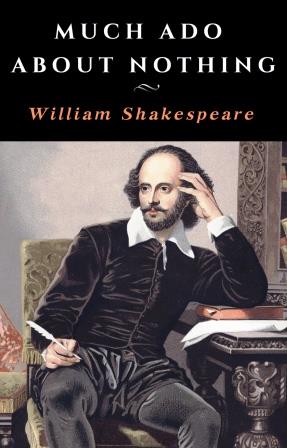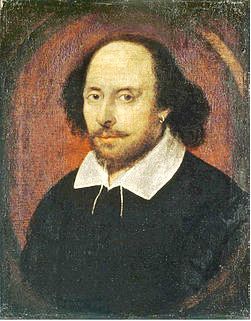Much Ado About Nothing, comedy in five acts by William Shakespeare, written probably in 1598–99 and printed in a quarto edition from the author’s own manuscript in 1600. The play takes an ancient theme—that of a woman falsely accused of unfaithfulness—to brilliant comedic heights. Shakespeare used as his main source for the Claudio-Hero plot a story from Matteo Bandello’s Novelle (1554–73); he also may have consulted Ludovico Ariosto’s Orlando furioso and Edmund Spenser’s The Faerie Queene. The Beatrice-Benedick plot is essentially Shakespeare’s own, though he must have had in mind his own story of wife taming in The Taming of the Shrew.
Leonato, a kindly, respectable nobleman, lives in the idyllic Italian town of Messina. Leonato shares his house with his lovely young daughter, Hero, his playful, clever niece, Beatrice, and his elderly brother, Antonio (who is Beatrice's father). As the play begins, Leonato prepares to welcome some friends home from a war. The friends include Don Pedro, a prince who is a close friend of Leonato, and two fellow soldiers:
Claudio, a well-respected young nobleman, and Benedick, a clever man who constantly makes witty jokes, often at the expense of his friends. Don John, Don Pedro’s illegitimate brother, is part of the crowd as well. Don John is sullen and bitter, and makes trouble for the others.
When the soldiers arrive at Leonato’s home, Claudio quickly falls in love with Hero. Meanwhile, Benedick and Beatrice resume the war of witty insults that they have carried on with each other in the past. Claudio and Hero pledge their love to one another and decide to be married. To pass the time in the week before the wedding, the lovers and their friends decide to play a game. They want to get Beatrice and Benedick, who are clearly meant for each other, to stop arguing and fall in love. Their tricks prove successful, and Beatrice and Benedick soon fall secretly in love with each other.



































